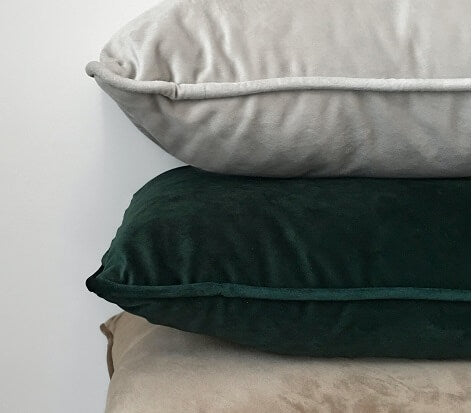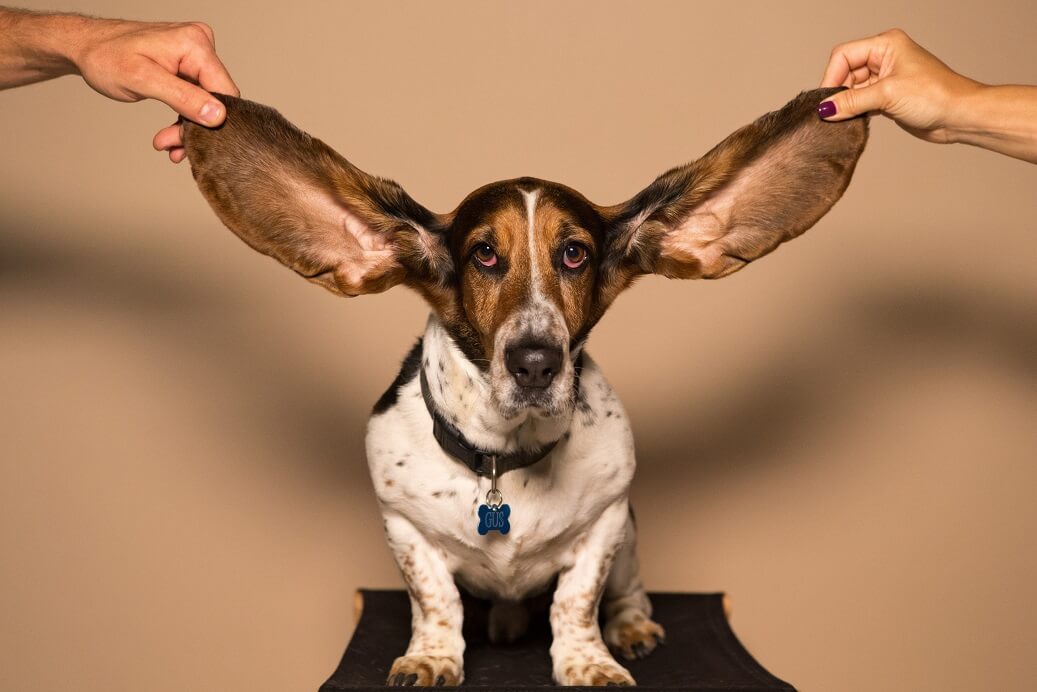Are you wondering if you have sleep apnea? If so, you are not alone. Sleep apnea is a serious medical condition that affects millions of people, yet many may not even realize they have it. Before you can figure out what doctor to see for sleep apnea, you must first determine if you have the condition. In this blog post, we will discuss some of the common signs and symptoms of sleep apnea, as well as what doctors specialize in the condition and how to go about finding the right one for you.

Primary care physician
Your first line of defense when it comes to diagnosing and managing sleep apnea is your primary care physician. Your primary care doctor will review your medical history, perform a physical examination, and ask you questions about your sleep habits. Depending on the results of these tests and the severity of your symptoms, they may recommend lifestyle modifications like avoiding alcohol and caffeine before bedtime, exercising regularly, and losing weight. They may also order a sleep study to help diagnose your condition. If you are diagnosed with sleep apnea, your primary care physician will discuss treatment options with you such as continuous positive airway pressure (CPAP) therapy, oral appliance therapy, or surgery.
Ear, nose, and throat specialist
If you are experiencing symptoms of sleep apnea, such as frequent loud snoring and daytime sleepiness, an ear, nose, and throat specialist (ENT) may be able to help. ENTs can assess the anatomy of your throat, nose, and mouth to determine if any physical blockages or problems exist that could be contributing to your sleep apnea. They can also make recommendations for specific treatments and therapies that can help manage or resolve your sleep apnea. Treatments may include lifestyle changes such as weight loss or the use of a CPAP machine. In more severe cases, surgery may be recommended to correct physical obstructions in the upper airway.

Neurologist
A neurologist is a doctor who specializes in disorders of the brain, spine, and nervous system. They can help diagnose sleep apnea and its underlying causes. Neurologists can also look at the overall health of your nervous system to ensure that it is functioning correctly. They may recommend further tests, such as a sleep study, to determine if you have sleep apnea. Neurologists can also provide treatment for sleep apnea, such as using a Continuous Positive Airway Pressure (CPAP) machine to help you breathe during sleep. If CPAP is not an option, they can discuss other treatments, such as surgery or lifestyle modifications.
Pulmonologist
A pulmonologist is a doctor who specializes in diagnosing and treating conditions related to the lungs, such as asthma, COPD, and sleep apnea. If you are suspected of having sleep apnea, your doctor may refer you to a pulmonologist for further evaluation and treatment.
The pulmonologist will perform a physical exam, review your medical history, and conduct tests such as a sleep study or imaging tests (CT scan or X-ray) to diagnose your condition. Depending on your individual needs, they may also recommend lifestyle changes or medications to manage your condition.
If you are diagnosed with sleep apnea, the pulmonologist can offer several treatment options. These include Continuous Positive Airway Pressure (CPAP), which is a device that forces air through the nose during sleep; oral appliances such as mouth guards and dental devices; and surgical procedures. The pulmonologist can help you decide which treatment option is best for you based on your individual circumstances.
If you are experiencing any signs or symptoms of sleep apnea, it is important to speak to your doctor as soon as possible. Your doctor may be able to refer you to a pulmonologist for further evaluation and treatment.
Sleep specialist
A sleep specialist is a doctor who specializes in diagnosing and treating sleep disorders. If you suspect that you may have sleep apnea, your primary care physician or another doctor may refer you to a sleep specialist for further evaluation. The sleep specialist will likely begin by taking a detailed history and conducting a physical examination. They may also ask you to fill out a questionnaire that helps them assess the severity of your symptoms.
The sleep specialist may then order certain tests, such as an overnight sleep study or an electroencephalogram (EEG), to confirm the diagnosis. After confirming the diagnosis, they will work with you to develop a plan of treatment that best suits your needs. This plan may include lifestyle changes, such as avoiding alcohol or caffeine before bed, as well as certain medications or devices, such as a continuous positive airway pressure (CPAP) machine. The sleep specialist will also monitor your progress and make any necessary adjustments to your treatment plan over time.






